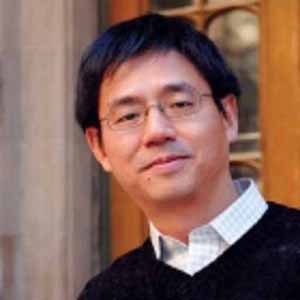
- This event has passed.
Jie Liang, PhD – Computational Assessment of Cancer Variants and Altered Chromosome Folding Pattern
February 25, 2020 @ 12:00 pm - 1:00 pm UTC+0

Richard and Loan Hill Professor, Bioengineering, College of Engineering
University of Illinois at Chicago
With the rapid progress of cancer genome studies, many missense SNPs in populations of somatic cells of different cancer types and at different stages have been identified. In addition, 3D chromosome studies are emerging as a major source of information on transcription machineries important for cancer development. However, it is challenging to understand the implications of cancer-related variants. In addition, deciphering the relationship between cancer and 3D chromosome folding is still in its infancy. Here we describe recent progress in developing computational methods to assess the effects of missense mutations and chromosome folding of genomic regions enriched with cancer-variants. By integrating protein sequence information, biophysical properties, and topological properties of protein structures, we show machine-learning based predictions of pathological effects of mutations can be made, with improved performance compared to current state-of-the-art methods on a challenging data set from the HumDiv database. We then discuss how key relevant residues, including previously unreported cancer-variants, can be identified from a large number of background variants found in cancer patients. Furthermore, we discuss how cancer-related variants can be uncovered through identification of higher-order cooperative units of cluster of residues that functions collectively and cooperatively. Finally, we discuss preliminary results on differential patterns of chromatin folding of genomic regions enriched in cancer variant mutations.
A Cancer Biology seminar sponsored by the University of Illinois Cancer Center.
